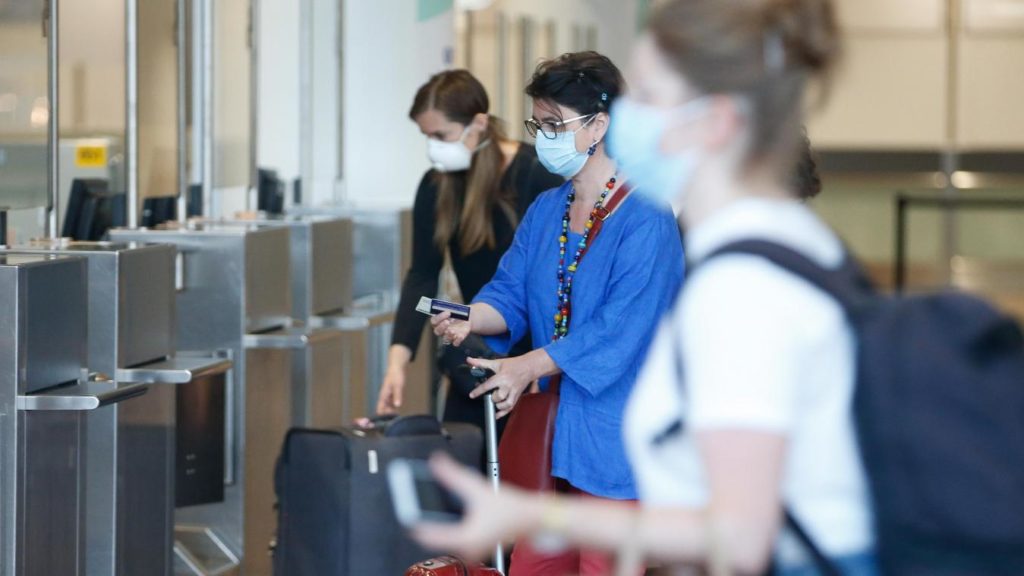Officials in Brussels are working on rolling out a system to enable the monitoring of residents at risk of having become infected with the new coronavirus (Covid-19).
Mandatory quarantines apply to residents who have returned from a red or high-risk travel destination as well as to people who have been in contact with a positive Covid-19 case.
Since the implementation of the colour-coded travel destination system, officials have been working on fine-tuning the contact-tracing procedures.
Until last weekend, returning travellers were called by a contact tracer who explained the steps they had to take, including how to get tested.
Related News
- Brussels opens coronavirus testing centre for people without prescriptions
- Coronavirus: deliberately coughing can lead to a red card in football
- New coronavirus infections are rising in Brussels and Liège
"Since Monday, they receive an SMS with a QR code which they have to scan at a test centre," says Inge Neven of the capital region's Health Inspectorate. "In addition, they also immediately receive a certificate to go into self-isolation which they can use, for example, for work."
But health authorities in Brussels so far have no means of enforcing or checking in on whether residents are effectively isolating, Neven told Bruzz.
"We are working with local authorities to see whether we should be going a step further and introduce field checks," she said. "But we have to find a way to do so while keeping in line with the existing legal framework. Municipal authorities are currently receiving per-district information, not about individual patients — no decisions have been made yet about those types of controls."
In Flanders, regional authorities said last week that they were relying on local governments to check in on mandatory quarantines, pointing in particular to the PCSW/CPAS welfare offices.
But the centres refused the task saying that their workload was already high enough and that such a mission risked "damaging their relationship of trust with local residents," leaving the Flemish quarantine-enforcement strategy up in the air.
Residents subject to a mandatory quarantine are only allowed to leave their homes for essential trips, such as going to the doctor, to the pharmacy or to shop for groceries.
Gabriela Galindo
The Brussels Times

